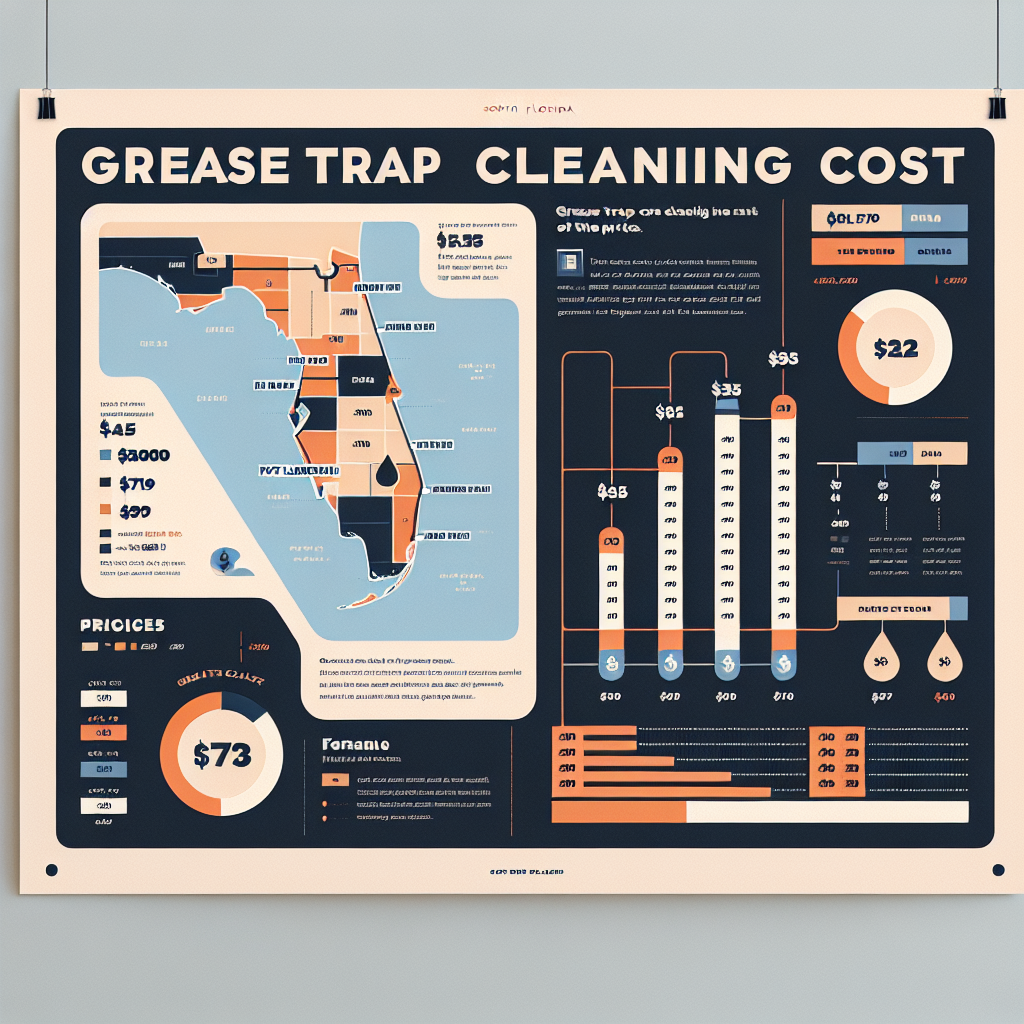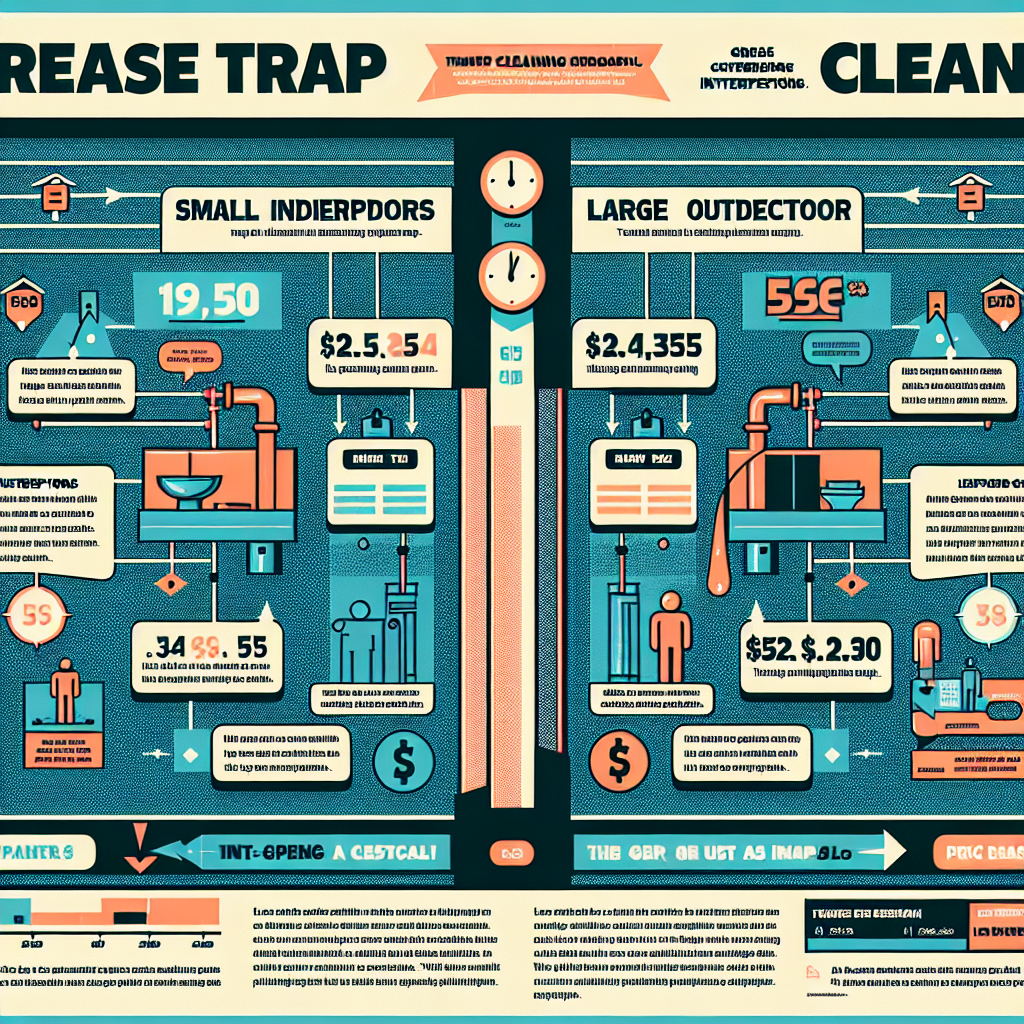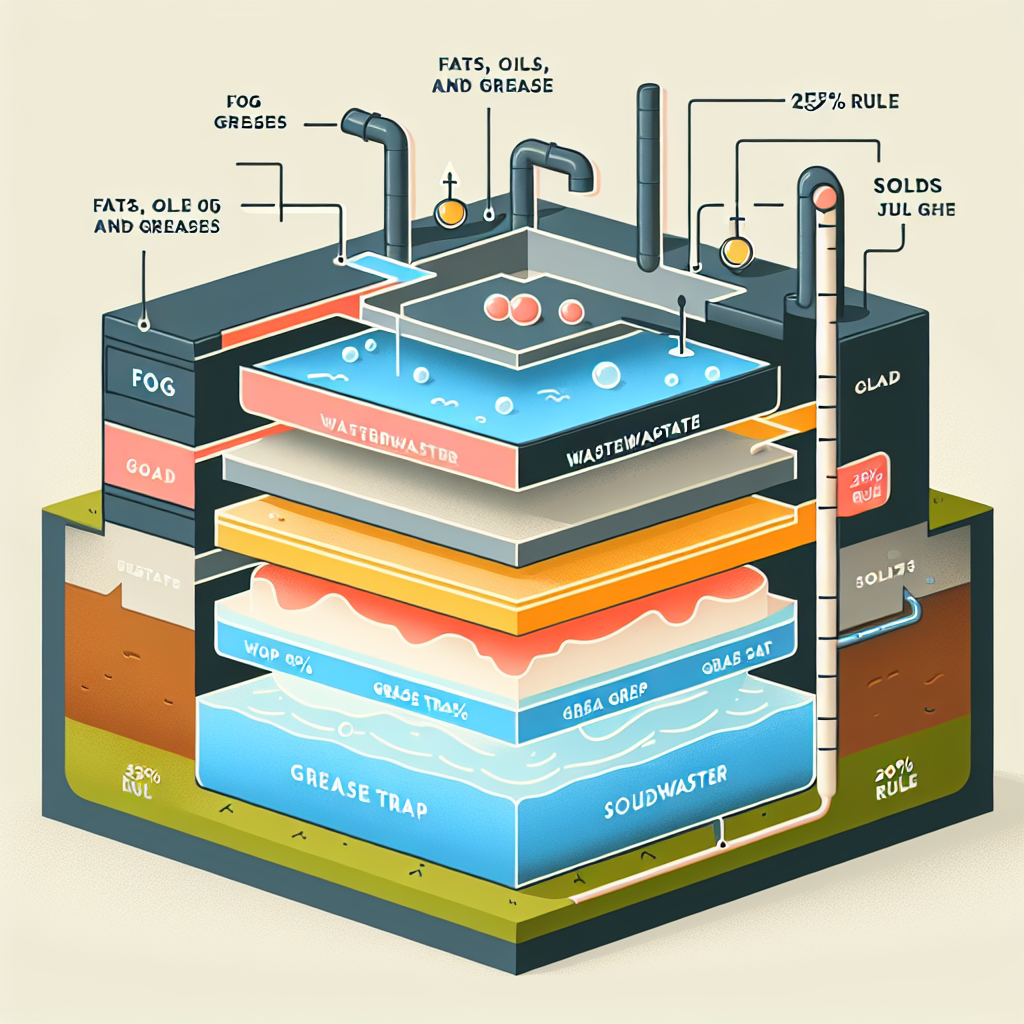Miami-Dade Grease Trap Inspection Checklist
Complete guide to miami-dade grease trap inspection checklist for South Florida restaurants.
We Handle Everything For You
We handle all the sourcing, negotiations, and logistics to find you the best grease trap service provider at the cheapest cost in your area.
Miami-Dade Grease Trap Inspection Checklist
Ensure your restaurant in Miami complies with the latest grease trap regulations with our comprehensive inspection checklist. This guide will help you navigate the Miami-Dade Department of Environmental Resources Management (DERM) requirements, prepare for inspections, and avoid costly penalties.
Understanding Miami-Dade Grease Trap Inspections
What is a Grease Trap Inspection?
A grease trap inspection in Miami-Dade is a regulatory check to ensure that restaurant grease traps are functioning correctly and comply with local environmental standards. These inspections are crucial for preventing fats, oils, and grease (FOG) from entering the sewer system, which can cause blockages and environmental damage.
Who Needs a Grease Trap Inspection?
All food service establishments in Miami-Dade County that produce FOG are required to have grease traps and undergo regular inspections. This includes restaurants, cafes, and any business with a commercial kitchen.
DERM Compliance Requirements
Preparing for a Grease Trap Inspection
Step-by-Step Preparation
1. Review Compliance Requirements: Familiarize yourself with DERM regulations and ensure all permits are up to date.
2. Schedule Regular Cleanings: Adhere to the 90-day cleaning schedule and document each service.
3. Maintain Records: Keep a log of all maintenance, including dates, service provider details, and any issues addressed.
4. Inspect Equipment: Regularly check the physical condition of your grease trap for any signs of damage or wear.
5. Train Staff: Ensure all kitchen staff are trained on proper grease disposal methods to prevent trap overload.
Common Inspection Violations
Cost of Non-Compliance
Failing to comply with Miami-Dade grease trap regulations can result in significant fines, up to $5,000 per violation, and potential business closure until compliance is restored.
Penalty Avoidance Strategies
Miami-Specific Compliance Tips
FAQs
How often should a grease trap be cleaned in Miami?
Grease traps in Miami should be cleaned at least every 90 days or when they reach 25% capacity of FOG and solids.
What are the penalties for non-compliance with grease trap regulations in Miami?
Penalties can include fines up to $5,000 per violation and potential business closure until compliance is achieved.
What is a GDO permit, and do I need one?
A Grease Discharge Operating (GDO) permit is required for all food service establishments in Miami-Dade to legally discharge grease into the sewer system.
How can I prepare for a DERM inspection?
Ensure all maintenance records are up to date, schedule regular cleanings, and check that your grease trap is in good working condition.
What are the common violations found during grease trap inspections?
Common violations include inadequate cleaning frequency, poor record keeping, and non-compliance with permit requirements.
Where can I find more information on Miami-Dade grease trap regulations?
Visit the [Miami-Dade County Environmental Resources Management website](https://www.miamidade.gov/global/environment/home.page) for detailed information on regulations and compliance resources.
Conclusion
Staying compliant with Miami-Dade grease trap regulations is essential for the smooth operation of your restaurant. By following this checklist, you can ensure your establishment meets all necessary requirements, avoid costly penalties, and contribute to a cleaner environment. For further assistance, consider partnering with a local professional service provider to handle your grease trap maintenance and compliance needs.
Related Grease Trap Resources



Need Professional Help?
Get expert grease trap services with transparent pricing and same-day availability.
Get Free Quote